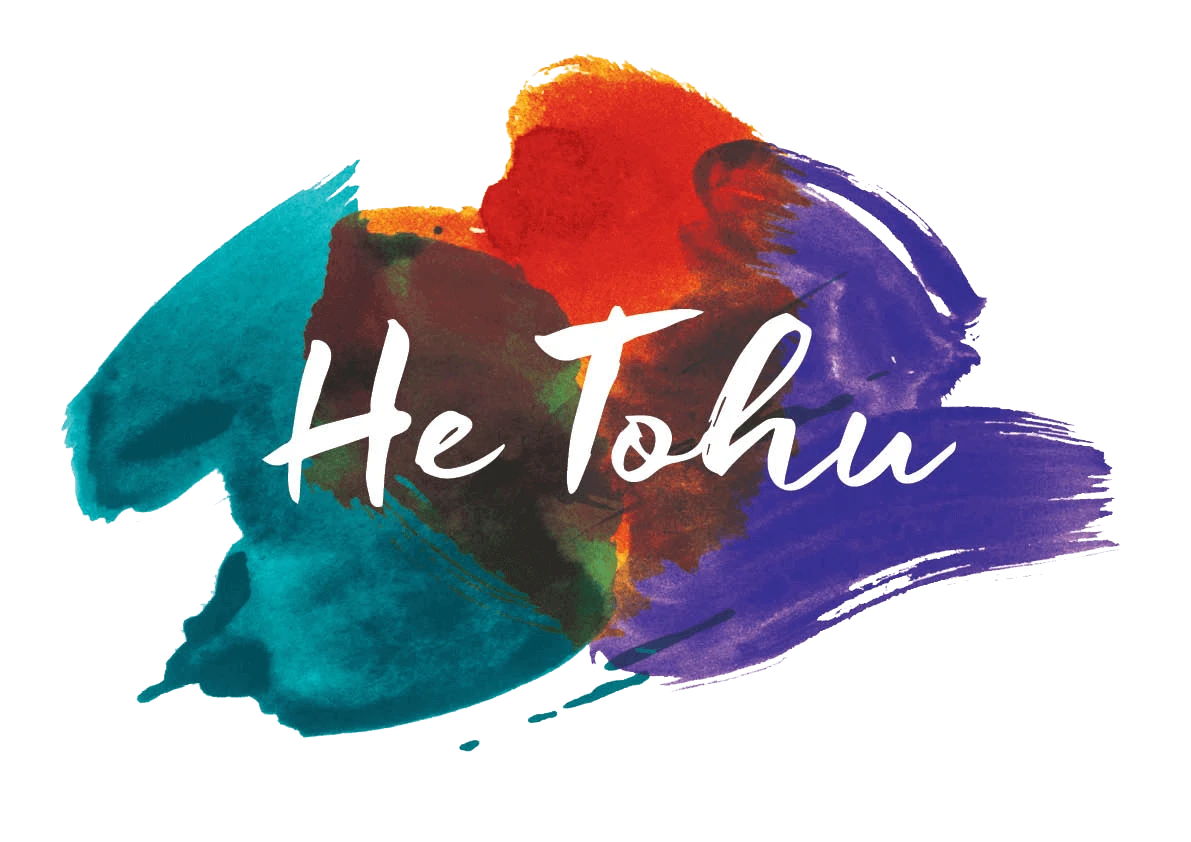Māori wealth
Embedded content: https://www.youtube.com/watch?v=5S74WnmASMo
"People often think that you know Māori are just sitting on the shore waiting for Abel Tasman or James Cook to turn up but that's certainly not the case."
Speakers
Vincent O'Malley, Ngahuia Te Awekotuku, Anne Salmond, Haami Piripi, Mānuka Hēnare.
Transcript
Dr Vincent O'Malley: People often think that, you know, Māori are just sitting on the shore waiting for Abel Tasman or James Cook to turn up but that's certainly not the case.
Prof Ngahuia Te Awekotuku: We were exporting grain to San Francisco, Sydney, all over the Pacific.
Prof Dame Anne Salmond: Many of them were very cosmopolitan by then, you know Hongi Hika had been off to meet King George.
Dr Vincent O'Malley: By the early 1800s large numbers of Māori are travelling across the globe and so they're forming ideas about Europeans, not just from their experiences within New Zealand but also on the streets of Sydney, London, New York.
Haami Piripi: We were building boats ourselves in Hokianga at that time, trading ourselves with Britain, with Sydney.
Prof Dame Anne Salmond: The monarch treated Hongi and Waikato with a lot of respect and gave them gifts and this gift exchange happened between British monarchs and Rangatira especially in the north for quite a period before the declaration of independence and the treaty.
Dr Vincent O'Malley: Some Māori even travelled to places like India. In 1840 as the treaty is being signed Tuati is on the United States expedition exploring Antarctica.
Prof Ngahuia Te Awekotuku: The Waikato and Waipa regions were exceptionally rich.
Prof Mānuka Hēnare: So this gives us some kind of idea from the Māori point of view of the wealth of the country and remember from the sixteenth century right up until the eighteenth, nineteenth century Māori society was just blossoming.
Haami Piripi: Even though we were considered mud people by the mass of lower class immigrants that filled our shores, we had a working sustained relationship with George and following that was Victoria.
Prof Mānuka Hēnare: So clearly something was happening too that enabled this take off in art and form and things like this, and of course usually that's because there's a healthy economy to sustain the activity.
Haami Piripi: Queen Victoria even had a Māori god child so and named it after her husband, Albert Victor.
Prof Mānuka Hēnare: Ah and so England suddenly takes an interest because here's this garden producing trees, kauri trees. Captain Cook saw trees and he saw ships and Māori from the Bay of Islands say yeah we'll give you spars for your boats.
Haami Piripi: Trade was seen as an avenue and a pathway to prosperity and in in fact my ancestors wrote to the successive legislature and governors of New Zealand after major land sales saying we sold you all this land, you said all these settlers were coming, where are they and where's this economy you said that was going to be set up so we can engage and trade.
Prof Mānuka Hēnare: So you had that lovely mix of Māori entrepreneurial chiefs providing products for Great Britain, who became the chosen international market for Māoris.
Any errors with the transcript, let us know and we'll fix them: [digital-services@dia.govt.nz](digital.services@dia.govt.nz?subject=Transcript update&body=Please add the link to the page you are emailing us about.)
